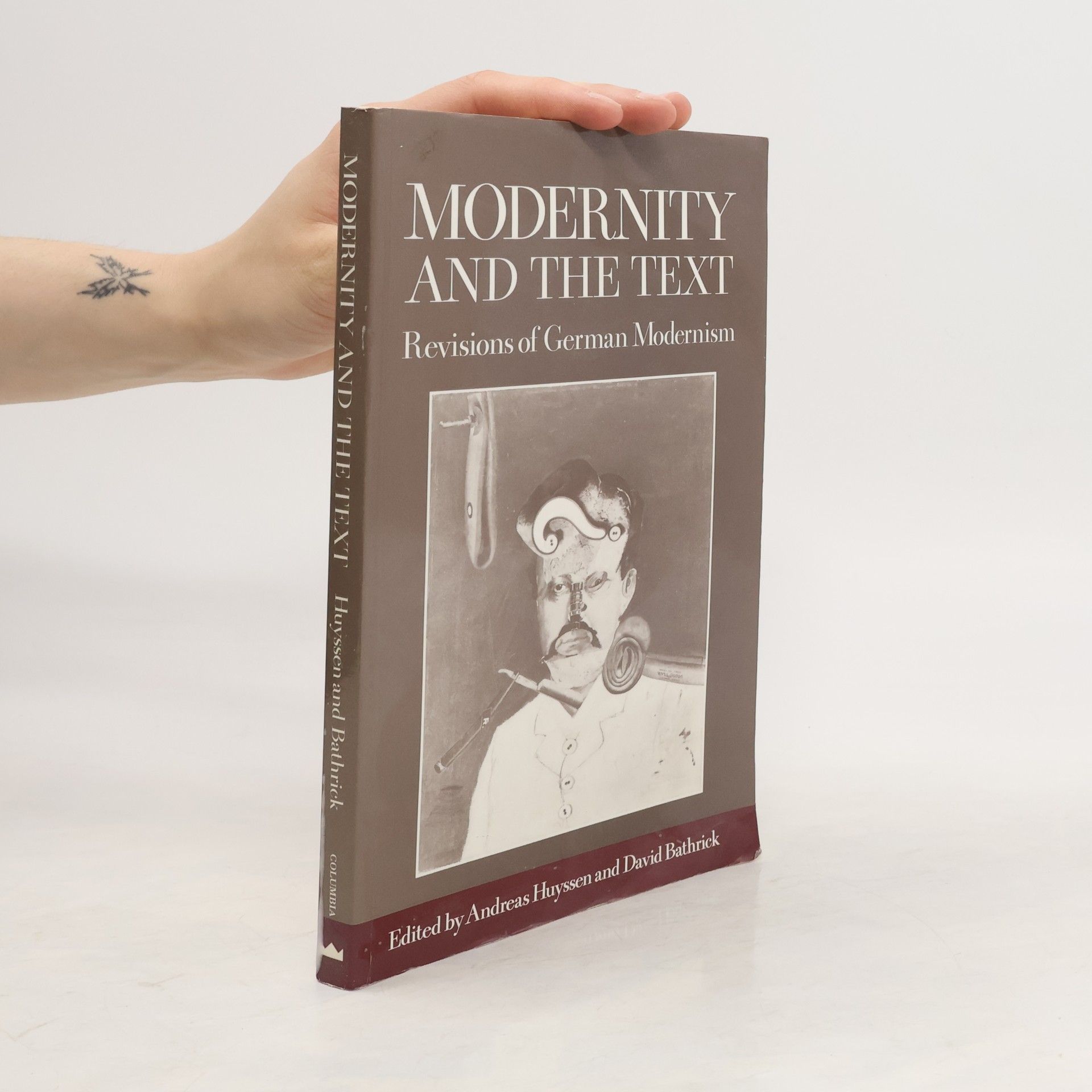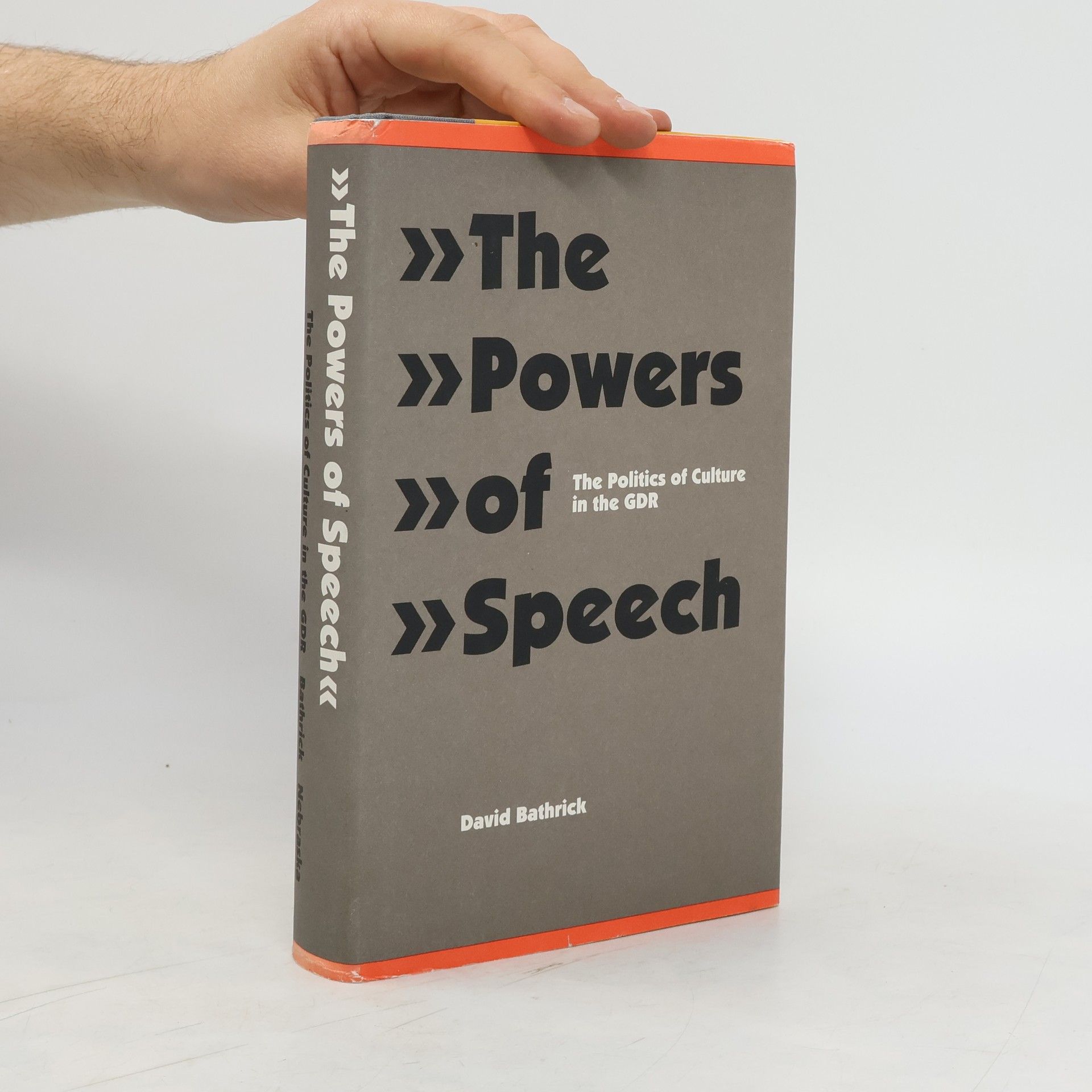In this definitive study, David Bathrick examines East German culture before and after the fall of the Berlin Wall in November 1989. He argues that dissident East German writers uniquely sought to create "alternative spaces for public speech" within the framework of Marxism and state socialism. Bathrick notes that while these writers faced censorship and persecution, they were also privileged and nurtured, which defined a distinct intellectual identity in the GDR. His analysis covers a wide range of topics, comparing oppositional culture in East Germany to radical movements elsewhere, exploring the complex political and cultural dynamics between East and West Germany, and tracing the history of the East German avant-garde. He also discusses the challenges of establishing a revolutionary theatrical tradition in East Germany. The book offers nuanced insights into the collapse of the East German political order in the late 1980s and the controversial collaboration of some writers with the Stasi. Bathrick navigates these contentious issues with clarity and fairness, addressing themes that remain relevant in Germany and beyond today.
David Bathrick Libros


The study of Austrian and German modernist literature has a long and venerable history in this country. There have been no attempts yet, however, to reassess German and Austrian literary modernism in light of current discussion of modernity and postmodernity. Addressing a set of historical and theoretical questions central to current reevaluations of modernism, this volume presents American readers with a state-of-the-art account of German modernism studies in the eighties. Essays by Jochen Schulte-Sasse, Russell A. Berman, Peter Uwe Hohendahl, Judith Ryan, Mark Anderson, Klaus R. Scherpe, Biddy Martin, Klaus L. Berghahn and Acbar Abbas, center around German and Austrian literary and philosophical prose of the early twentieth century. texts by well-known authors -Kafka, Rilke, Musil, Doblin, Benjamin, Benn, and Junger - and less well-known ones -Franz Jung, Carl Einstein, Ernst Bloch, Lou Andreas-Salome, are examined. Particular attention is paid to the processes and strategies by which certain experiences of "modern life" are translated into modern aesthetic forms. The unique contribution of this volume is that it combines theory with an attempt to reintroduce an historical and contextual dimension. The authors believe that their revisions of Ausrian and German modernism will themselves be informed by a new set of questions pertinent to the modernist debate.